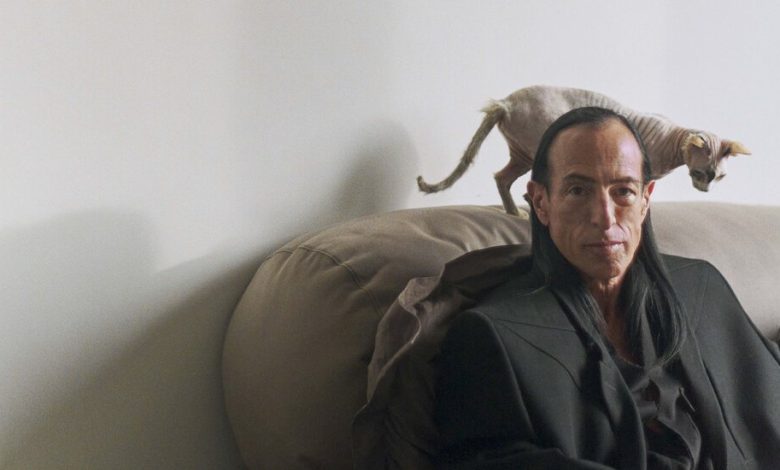Finding Your Family

Who comes to New York City? The ambitious. The competitive. The desperate — to be famous, to be rich, to be beloved.
But I’ve long thought that adopted New Yorkers are united by another quality, as well: Our desire to find a new family. Sometimes that family is a literal, traditional family. Just as often, however, it’s not — well before the phrase “chosen family” was coined, much less became popular, generations of New Yorkers already understood its meaning. A family was a group of people who were sometimes brought together by mutual affection, sometimes because they’d been rejected by everyone else. Anyone who thinks that a chosen family isn’t as durable — or as fraught — as a legal family has clearly never been a part of one: Those of us who have know that these unions have their own obligations, their own debts and resentments, their own disappointments. What makes them different, and resilient, is that they were born from choice. We stay in them by choice, too.
No industry better expresses the spirit of the chosen family than fashion does. Many of its members — designers, hair and makeup artists, stylists, photographers — grew up as outcasts of one kind or another, shunned in their hometowns for being too gay, too outré, too strange, too other. So much of fashion design is an expression of desire and loneliness and yearning, a hurt, dreamy child’s shout to be heard. Fashion itself is a tribe of outsiders but, like most tribes, it’s wary of new members, of (paradoxically) newness in general.

Credit…Artwork by Andrew Kuo
I thought about all this while reading the editor at large Nick Haramis’s profile of the singular, consistently avant-garde fashion designer Rick Owens, who grew up in a conservative household in a conservative California town before moving to Paris in 2003. “For 30 years, Owens’s creations … have been as much about semiotics as status,” Haramis writes. “To put on a Rick Owens sequined cowl or knee-high leather stocking boots is to express oneself in a language not everyone understands.” One could argue that Owens, 62, began his fashion line to find his own people, a family of self-proclaimed misfits whose transgressions against the laws of sex, gender and good taste are their collective raison d’être. His success, then, is also its own contradiction: Owens has made subversion covetable; his clothes, meant for the shunned, have been embraced as well by those who’d do the shunning.
So what do you do when everyone thinks they understand your chosen family, when everyone wants to join? Maybe what Owens does: You don’t reject anyone, but nor do you make yourself more accessible. You keep pushing yourself, your beliefs, further and further out, deeper into uncharted territory. And the ones who follow you? That’s who your family really is.
On the Covers
Hair by Ryan Mitchell at Streeters. Makeup by Lucy Bridge at Streeters. Set design by Hella Keck at Webber. Casting by DM Casting. Model: Alaato Jazyper Michael at Women Management
